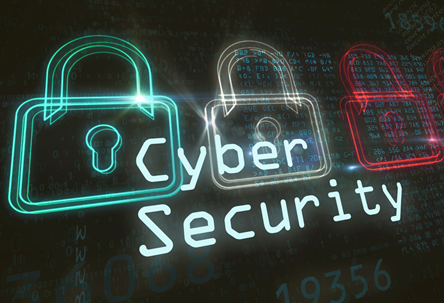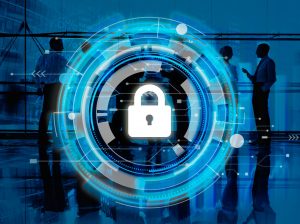In an era dominated by technological advancements and interconnected digital landscapes, the importance of robust cybersecurity protocols cannot be overstated. As we navigate through 2024, the threats to our digital assets continue to evolve, making it imperative for individuals and organizations alike to fortify their defenses. In this article, we will explore the top reasons why increasing cybersecurity protocols is crucial in 2024.
Rising Sophistication of Cyber Threats:
Cyber threats are becoming increasingly sophisticated, with attackers employing advanced techniques and tools to breach security systems. From ransomware attacks to phishing schemes, the methods used by malicious actors are evolving rapidly. By enhancing your cybersecurity protocols, you can better defend against these sophisticated threats and safeguard sensitive information.
The Proliferation of Internet of Things (IoT) Devices:
The widespread adoption of IoT devices has created a vast network of interconnected gadgets, from smart home devices to industrial sensors. While these devices offer convenience, they also present new entry points for cybercriminals. Strengthening cybersecurity measures is essential to protect against potential vulnerabilities in the expanding IoT landscape.
Remote Work Challenges:
The global shift towards remote work has opened up new challenges for cybersecurity. With employees accessing company networks from various locations and devices, the attack surface has expanded significantly. Employers need to implement robust cybersecurity protocols to secure remote connections and ensure the confidentiality of sensitive corporate data.
Data Privacy Concerns:
As data becomes an increasingly valuable commodity, concerns about data privacy are on the rise. Governments and regulatory bodies are implementing stricter data protection laws, holding organizations accountable for any breaches. Strengthening cybersecurity measures is not only about protecting against cyber threats but also about complying with regulations and maintaining the trust of customers and stakeholders.
Financial Implications of Cyber Attacks:
The financial consequences of a cyber-attack can be devastating. Beyond the immediate costs of addressing a breach, organizations may suffer reputational damage, loss of business, and legal repercussions. Investing in robust cybersecurity protocols is a proactive approach to mitigate these financial risks and ensure the long-term sustainability of businesses.
Emergence of AI-Driven Attacks:
With the integration of artificial intelligence (AI) in cybersecurity, attackers now have access to highly sophisticated tools that can adapt and learn from their environments. To counter these AI-driven attacks, organizations must stay ahead by implementing advanced cybersecurity protocols that leverage AI for defenses and threat detection.
Supply Chain Vulnerabilities:
As businesses become more interconnected through supply chains, the potential for cyber attacks to propagate across networks increases. Strengthening cybersecurity protocols is essential to protect not only your organization but also to maintain the integrity of the entire supply chain.
Conclusion:
In the ever-evolving landscape of cyber threats, increasing cybersecurity protocols is not just a choice but a necessity. The risks and potential consequences of a breach are too significant to ignore. By staying proactive and adapting to the latest cybersecurity defenses, individuals and organizations can better defend against the myriad of threats in 2024 and beyond. It’s time to fortify the digital fortress and ensure a secure and resilient digital future.
Who we are: Funded.com is a platform that is A+ BBB accredited over 10+ years. Access our network of Angel Investors, Venture Capital or Lenders. Let us professionally write your Business Plan.







 For a
For a 
